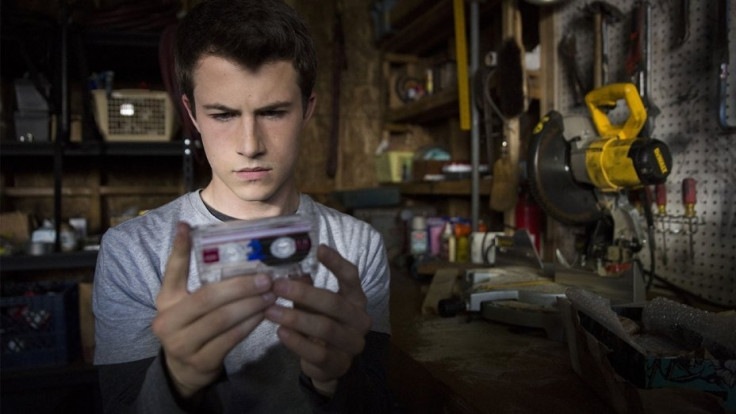Scientists come down hard on 13 Reasons Why as searches for ways to commit suicide soar
Searches for 'how to commit suicide' went up 26% in the weeks after the Netflix series aired.

Scientists have slated the Netflix series 13 Reasons Why for an unhealthy portrayal of suicide that glamorises lethal self-harm. Directly after the show aired, searches for suicide methods rose by up to 26%, a new study finds.
Defenders of the series have argued that it is helping to boost awareness of suicide and the mental health difficulties that surround it. Critics have said that it is harmful to show detailed depiction of suicides, and that it glamorises the victim.
The first study to assess the impact of the series on online searches, published in JAMA Internal Medicine, has analysed online search data during the first 19 days after the series came out. After filtering out searches for the film Suicide Squad and ambiguous terms such as 'suicide bridge' and 'suicide slide', the study found that there was a boost of about 19% in suicide-related queries. That translates to between 900,000 and 1.5 million more searches.
But what exactly were people searching for? Could it have been something positive about how to prevent suicide? Some of the most searched-for terms were for suicide hotlines and some were for suicide prevention, suggesting a positive influence of 13 Reasons Why.
However, there was also a large spike in searches related to suicide ideation – a preoccupation with ending one's own life. One of the largest leaps in searches after the series was "how to commit suicide".
The show ignores guidelines set down by bodies such as the World Health Organization and the Samaritans for suicide prevention. The show runs a three-minute scene clearly depicting the method of the protagonist Hannah Baker's suicide.
"The show's staff instead continue to prefer their gut instincts as detailed by the show's lead writer Nic Sheff. It's unsurprising then that we find the show has increased suicidal thoughts, thoughts that are known to be linked to suicide attempts," study author John Ayers of Johns Hopkins University in the US told IBTimes UK.
Suicide searches after 13 Reasons Why
"Suicide hotline": up 12%
"Suicide prevention": up 23%
"How to commit suicide": up 26%
"Commit suicide": up 18%
"How to kill yourself": up 9%
Source: Ayers et al
Ayers said that the current series of the show should be scrapped from Netflix and a second series postponed. If it isn't, he called on Netflix subscribers to cancel their subscriptions "so not to support programming that can cause premature death".
Lucy Biddle, senior lecturer in medical sociology at the University of Bristol, who was not involved in the research, said that the series was a huge set back to progress made in other areas in stories relating to suicide.
"I was gobsmacked at first with the graphic portrayal of the method and the fact that it goes against all of what we've learned recently about the impact of the way that methods are portrayed. It seems incredible that the programme didn't seek advice from experts in the depiction of suicide before going ahead with this series," Biddle said.
Biddle welcomed the data gathered in the study and Ayers and his colleagues' conclusions.
"It's obviously limited in that the authors don't know exactly what happened once the people had made their searches, but it's definitely an interesting piece of data to find out the impact of the series."

As prevention-related searches also rose after the series, programmes centring on suicide can be positive provided they adhere to guidelines such as those of the WHO.
"It's crucial when people make these programmes that they do it in a safe way, so that the risks of doing it can be mitigated," Biddle said.
"This didn't seem to happen with 13 Reasons Why. Suicide is such a complicated thing, it's never ever helpful to portray it in a way that can glorify suicide or present that as a good response to problems in life."
The Samaritans provides a free support service for those who need to talk to someone. It can be contacted through its website or on 08457 90 90 90, 24 hours a day, 365 days a year (Republic of Ireland – 116 123), email jo@samaritans.org. Call charges apply.
© Copyright IBTimes 2025. All rights reserved.





















